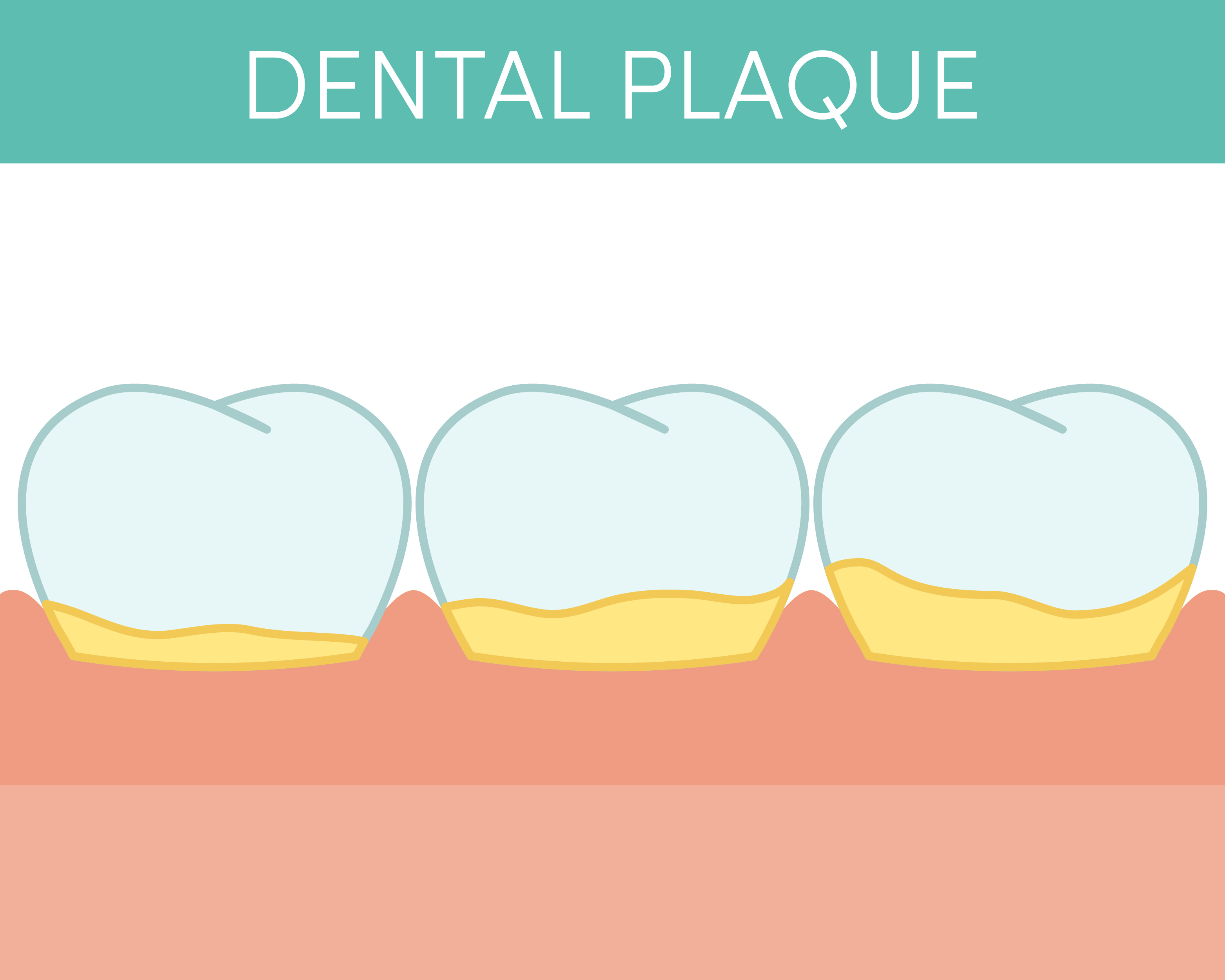What is Plaque and What Problems can Cause it

What is Plaque and What Problems can Cause it?
Plaque is a common dental concern that affects oral health. In this article, we will delve into what plaque is, how it forms, and the potential problems it can cause. Additionally, we will provide insights on preventive measures and treatment options.
What Is Plaque?
Plaque is a sticky, colorless film of bacteria that forms on the teeth and gumline. It accumulates when bacteria combine with food particles and saliva, creating a breeding ground for harmful microorganisms.
How Does Plaque Form?
When we consume food and beverages, bacteria in our mouth break down sugars and carbohydrates, producing acids. These acids, combined with bacteria, saliva, and food debris, adhere to the teeth, forming a layer of plaque.
Problems Caused by Plaque:
Tooth Decay: Plaque bacteria produce acids that attack tooth enamel, leading to cavities and tooth decay if left untreated.
Gum Disease: If plaque is not removed regularly, it can irritate the gums, causing inflammation and gingivitis. If left untreated, this can progress to periodontitis, a severe form of gum disease that can lead to tooth loss.
Bad Breath: Plaque buildup provides an ideal environment for bacteria to thrive, resulting in persistent bad breath, also known as halitosis.
Tartar Formation: If plaque is not removed through regular brushing and flossing, it hardens into tartar or calculus. Tartar buildup makes plaque removal more challenging and can only be effectively eliminated by a dental professional.
Prevention and Treatment:
Brushing and Flossing: Brush your teeth twice a day with a fluoride toothpaste and use dental floss daily to remove plaque and food particles from between your teeth.
Regular Dental Check-ups: Schedule routine dental check-ups and professional cleanings to remove any plaque or tartar that may have accumulated.
Balanced Diet: Limit sugary and starchy foods, as they promote plaque formation. Instead, opt for a balanced diet rich in fruits, vegetables, and dairy products.
Conclusion
Plaque is a persistent dental issue that can lead to various oral health problems, including tooth decay, gum disease, and bad breath. By maintaining good oral hygiene habits, visiting your dentist regularly, and adopting a balanced diet, you can effectively prevent and manage plaque buildup, ensuring a healthier smile and overall well-being.
Remember, understanding plaque and taking proactive steps to combat it is essential for maintaining optimal oral health.
8. FAQs
Q1: Can plaque cause tooth sensitivity?
A1: Yes, plaque buildup can lead to tooth sensitivity, especially if it erodes tooth enamel and exposes the dentin.
Q2: How long does it take for plaque to form?
A2: Plaque can start forming within hours after brushing. Regular oral hygiene practices are vital to prevent its accumulation.
Q3: Can plaque be removed at home?
A3: While regular brushing and flossing help control plaque, professional dental cleanings are necessary to remove tartar effectively.

Dr. Natalie Vilderman, DDS
As a renowned dentist and passionate blogger, Dr. Vilderman finds equal joy in sharing her dental expertise through blogging as she does in her daily practice. With her engaging prose, she effortlessly brings the world of dentistry to life, leaving readers intrigued and informed with every word.
Have Any Questions?
Reach out today to have all of your questions answered.
- 1-415-665-7800




